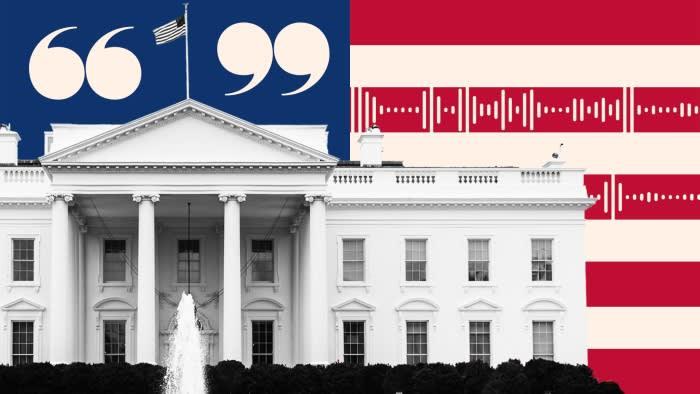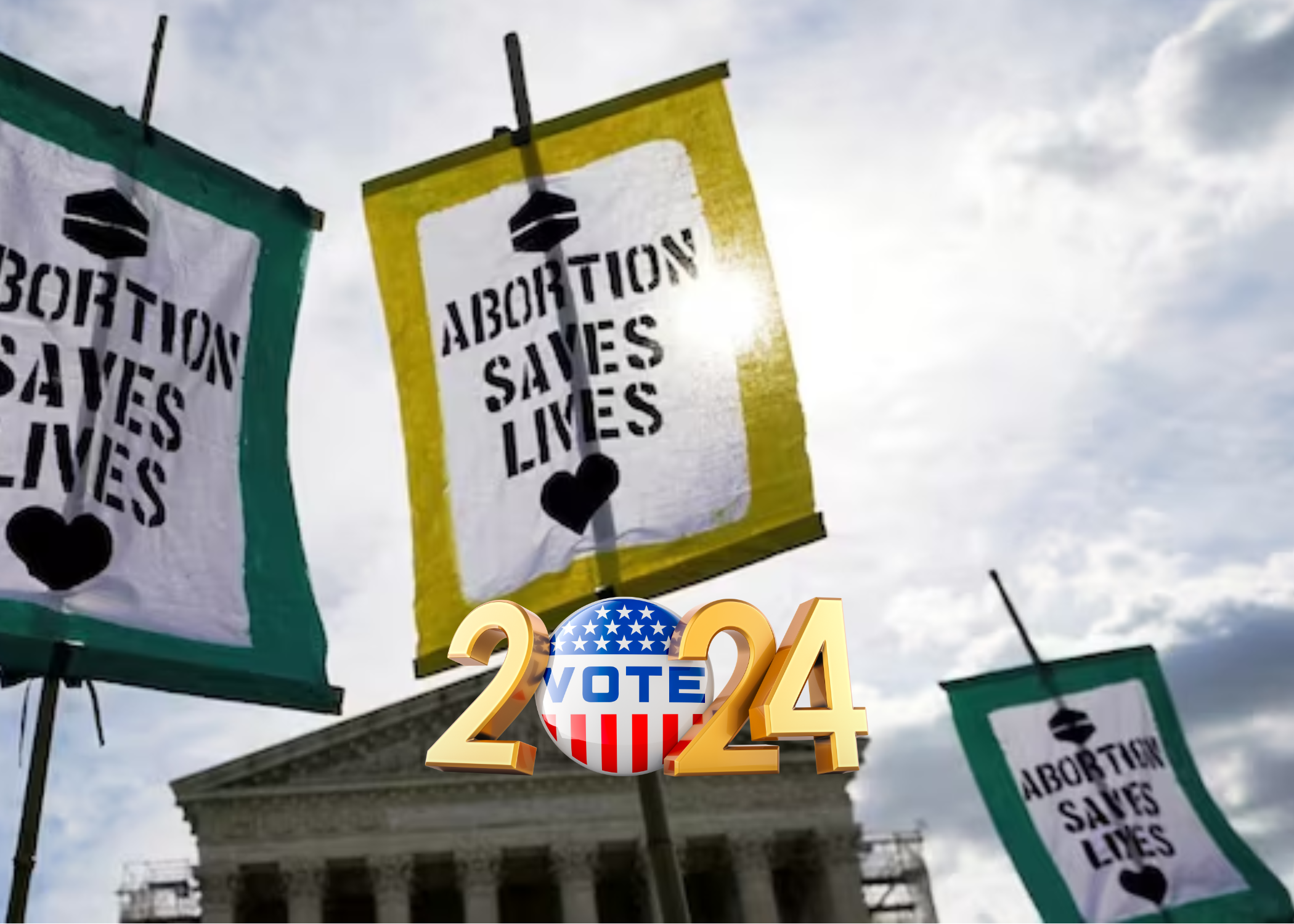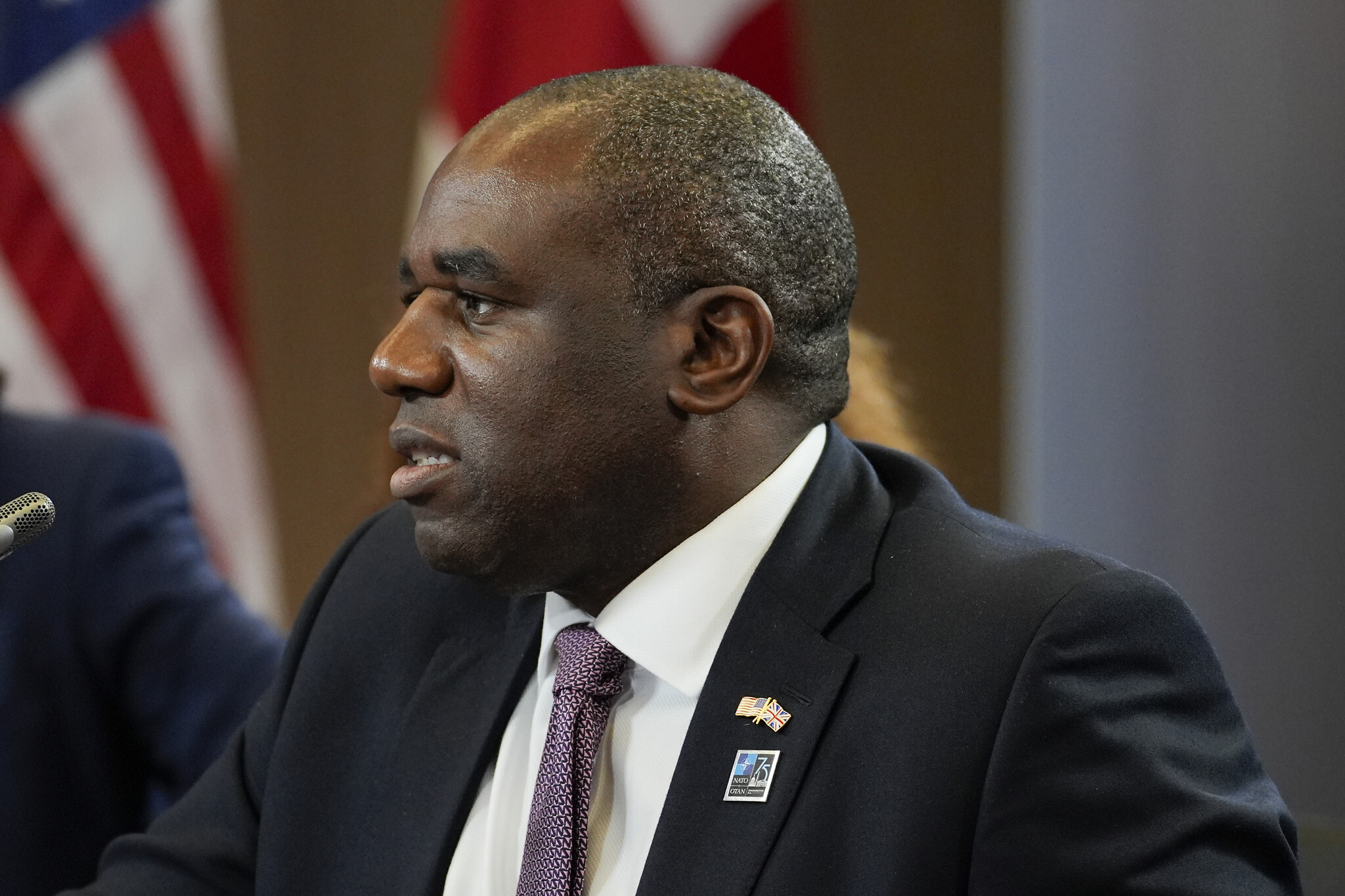The upcoming US presidential election has brought abortion rights to the forefront of political discourse, as voters across the nation confront this deeply polarizing issue. Next week, citizens in 10 states will vote directly on abortion rights, and the outcome could have far-reaching national implications. The 2024 election will be the first presidential race following the Supreme Court’s historic decision to overturn a constitutional right to abortion. This shift has intensified the debate on reproductive access, widened partisan divides, and could ultimately play a decisive role in determining who occupies the White House.
State Decisions on Abortion and the Presidential Election’s Outcome
For the first time since the Supreme Court’s controversial ruling, voters in multiple states will directly address whether to protect reproductive rights or impose further restrictions. Campaigns supporting and opposing abortion rights are actively working to sway public opinion, particularly in states where the issue will be on the ballot. Proponents argue that protecting access to abortion is essential to upholding women’s rights, while opponents seek to limit or eliminate abortion access.
With significant campaign funding backing both sides, this issue has become one of the most hotly contested of the election season. The focus on abortion in battleground states, such as Arizona and Nevada, could sway critical voter blocs and potentially determine the election outcome.
The Impact of Roe v. Wade’s Overturn on State and Federal Policies
In June 2022, the Supreme Court’s decision to overturn Roe v. Wade sparked a national wave of debate and led to numerous state-level referendums on abortion rights. Supporters of reproductive rights have since seen a string of successes in state elections, securing victories in all seven states where the issue was directly on the ballot. These victories underscored public support for reproductive rights and revealed the limitations of federal rulings, as individual states retain significant power over abortion laws.
Olivia Cappello, spokesperson for Planned Parenthood Action Fund, commented on the importance of these state-level decisions. “As voters head to the polls, abortion remains at the forefront of their concerns, influencing not only state policies but also voter choices for federal leadership. Voters are increasingly aware of who will safeguard their reproductive rights in the legislature,” Cappello noted.
Public Sentiment on Abortion and its Influence on Party Messaging
Polls indicate that the majority of Americans disagreed with the Supreme Court’s 2022 ruling, a sentiment that bolstered Democratic candidates in the midterm elections. In contrast, Republicans have been challenged to find a message that resonates with both their base and the wider public on the abortion issue. While economic concerns often lead in voter priorities, abortion remains a close and critical issue, particularly for younger and suburban voters.
Vice President Kamala Harris has kept reproductive rights in focus throughout her campaign, underscoring the potential consequences of a Republican victory for abortion rights nationwide. As part of her recent campaign efforts, Harris addressed voters in Texas—a predominantly conservative state with some of the most stringent abortion restrictions in the country. While winning Texas may be unlikely, her appearance and message highlight the Democratic commitment to maintaining and expanding reproductive rights.
Republican Stance on Abortion: Trump’s Role and GOP Challenges
Former President Donald Trump has made abortion a key talking point in his campaign. Trump frequently references his role in appointing the justices who overturned Roe v. Wade, yet he is also cautious about the implications of this decision for Republican voters. Trump has repeatedly stated that reproductive rights should now be left to individual states, emphasizing state autonomy over national policy on this issue.
Following the reversal of Roe v. Wade, abortion has been either banned or heavily restricted in numerous states, leaving millions without accessible abortion services. For these individuals, state policies are a crucial determinant of their reproductive choices, highlighting the tangible impact of the Supreme Court’s decision on daily life for many Americans.
The Ongoing Debate: State vs. Federal Authority Over Abortion Rights
One of the most contentious aspects of the abortion debate centers on whether the federal government should have the authority to establish a nationwide abortion policy. Since the Supreme Court’s ruling, over a dozen states have implemented restrictive abortion laws, resulting in significant challenges for those seeking reproductive care. In response, Democratic leaders have advocated for policies to protect access to abortion on a national level, a stance that could influence voters in key states.
The division between Republican-led states, which generally support restrictive abortion measures, and Democratic-led states, which often protect abortion rights, underscores the varying regional attitudes toward this issue. With states holding the power to determine reproductive access, voters’ choices in state elections could directly shape the future of abortion rights across the country.
Abortion Rights and the US Presidential Election: A Key Voter Issue
As the US moves closer to election day, abortion rights are emerging as a defining issue for many voters. Despite a strong focus on economic concerns, reproductive rights continue to influence voter priorities, particularly in states where the issue is on the ballot. This makes the upcoming election pivotal not only for the future of the White House but also for the landscape of reproductive rights across America.

Both proponents and opponents of abortion rights are working tirelessly to galvanize voter turnout, recognizing the potential for this issue to tip the scales in closely contested states. In a polarized political climate, the battle over reproductive rights represents a crucial point of contention, one that could ultimately decide the next president of the United States.
Conclusion: Abortion Rights as a Defining Issue for 2024
The Supreme Court’s decision to overturn Roe v. Wade has reframed the national conversation on abortion, elevating it to one of the most significant issues of the 2024 US presidential election. With both parties focusing on reproductive rights as a central campaign topic, voters across the country are facing a choice that could shape not only the immediate future of abortion access but also the broader landscape of women’s rights and healthcare in America.
As voters prepare to make their voices heard, the question of abortion rights remains at the heart of the 2024 election, underscoring the stakes for both individuals and the nation as a whole. The decision voters make could chart the course for reproductive rights for years to come, reinforcing the role of state-level policies and highlighting the influence of public opinion on federal leadership.





